Critics have dismissed the vote as a ploy to allow junta leader Mahamat Idriss Deby to entrench his power.
Chadians cast their votes on Sunday in parliamentary and regional elections marked by low turnout.
These elections are set to conclude a three-year transitional period of military rule, though they were overshadowed by a boycott from the main opposition, which has accused the authorities of failing to ensure a credible electoral process.
The parliamentary election, Chad's first in over a decade, comes in the wake of junta leader Mahamat Idriss Deby's contentious victory in a presidential poll intended to restore democratic governance.
Deby assumed leadership in 2021 after the death of his father, Idriss Deby Itno, who ruled the country for 30 years.
Polling closed late on Monday, but the official results are not expected for another two weeks.
Speaking on the significance of the election, Deby remarked that it would “pave the way for the era of decentralisation so long awaited and desired by the Chadian people".
Chad, an oil-exporting nation of 18 million people and among the poorest in Africa, has not experienced a free and fair transfer of power since its independence from France in 1960.
Around 8 million voters were registered to elect 188 legislators for a new National Assembly, as well as representatives at provincial and municipal levels.
However, voter turnout appeared minimal in the capital, N’Djamena, with scant participation recorded at several polling stations.
“We hope that the people we voted for do a good job for a better Chad, a Chad with a future," said Mahamat Issa Hissein, who voted in N’Djamena.
Over 10 opposition parties, including the leading Transformers party, boycotted the elections. The Transformers party's candidate, Succes Masra, secured second place in the presidential race.
The party criticised both the parliamentary and presidential elections, dismissed by many as a “charade” and a strategy for Deby to consolidate power and maintain a "dynasty".
Masra, who briefly served as prime minister earlier this year before stepping down to contest the presidency, accused the authorities on Saturday of planning to rig the results, and told voters that “It is better to stay at home”.
The election comes at a pivotal time for Chad, which faces mounting security challenges, including Boko Haram insurgent attacks in the Lake Chad region and a breakdown in long standing military cooperation with France, its key ally.

 1 week ago
5
1 week ago
5
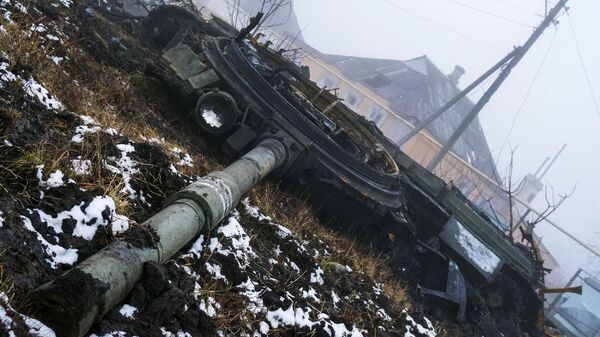
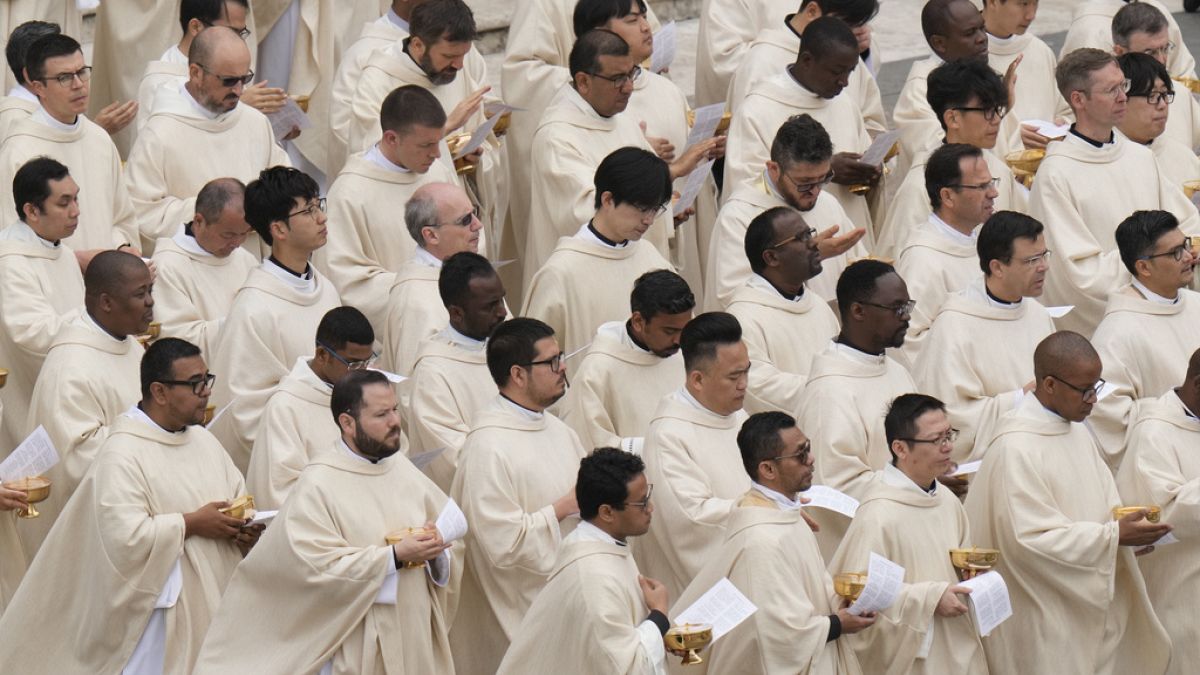
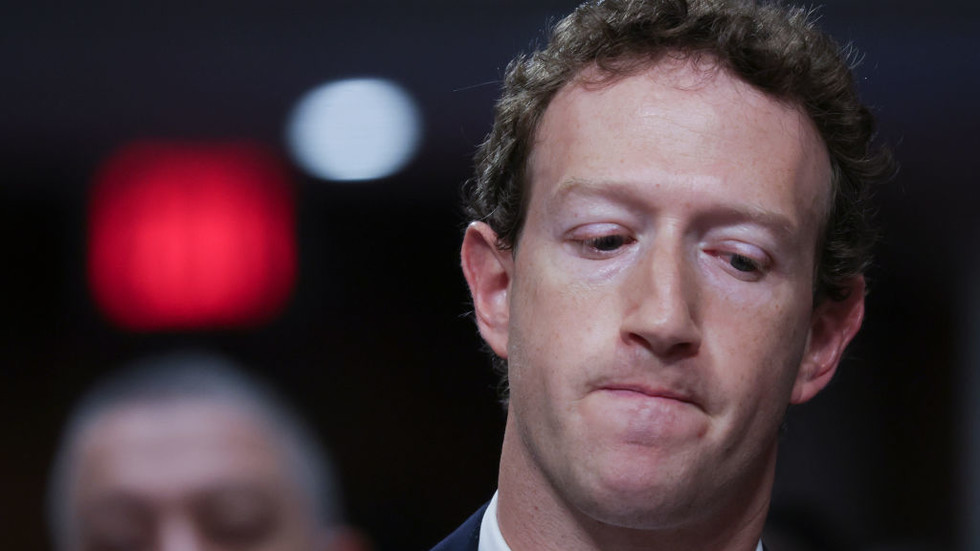
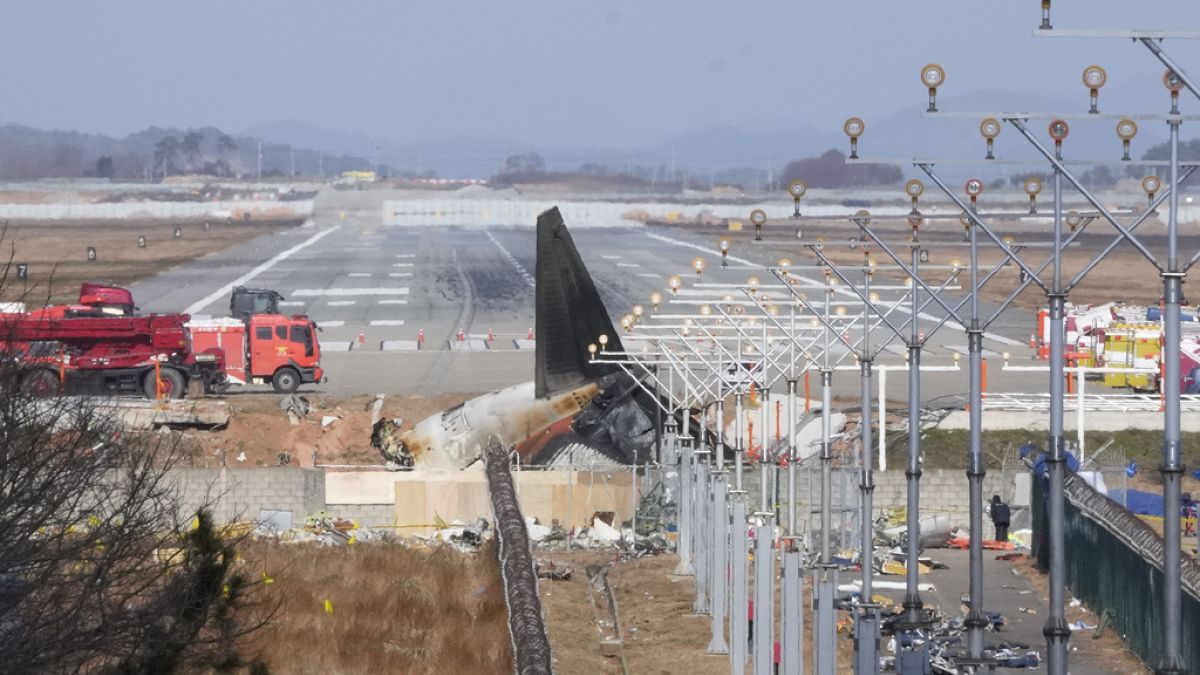
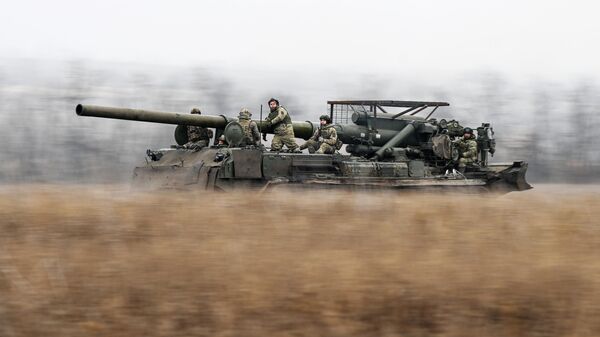

 We deliver critical software at unparalleled value and speed to help your business thrive
We deliver critical software at unparalleled value and speed to help your business thrive






 English (US) ·
English (US) ·